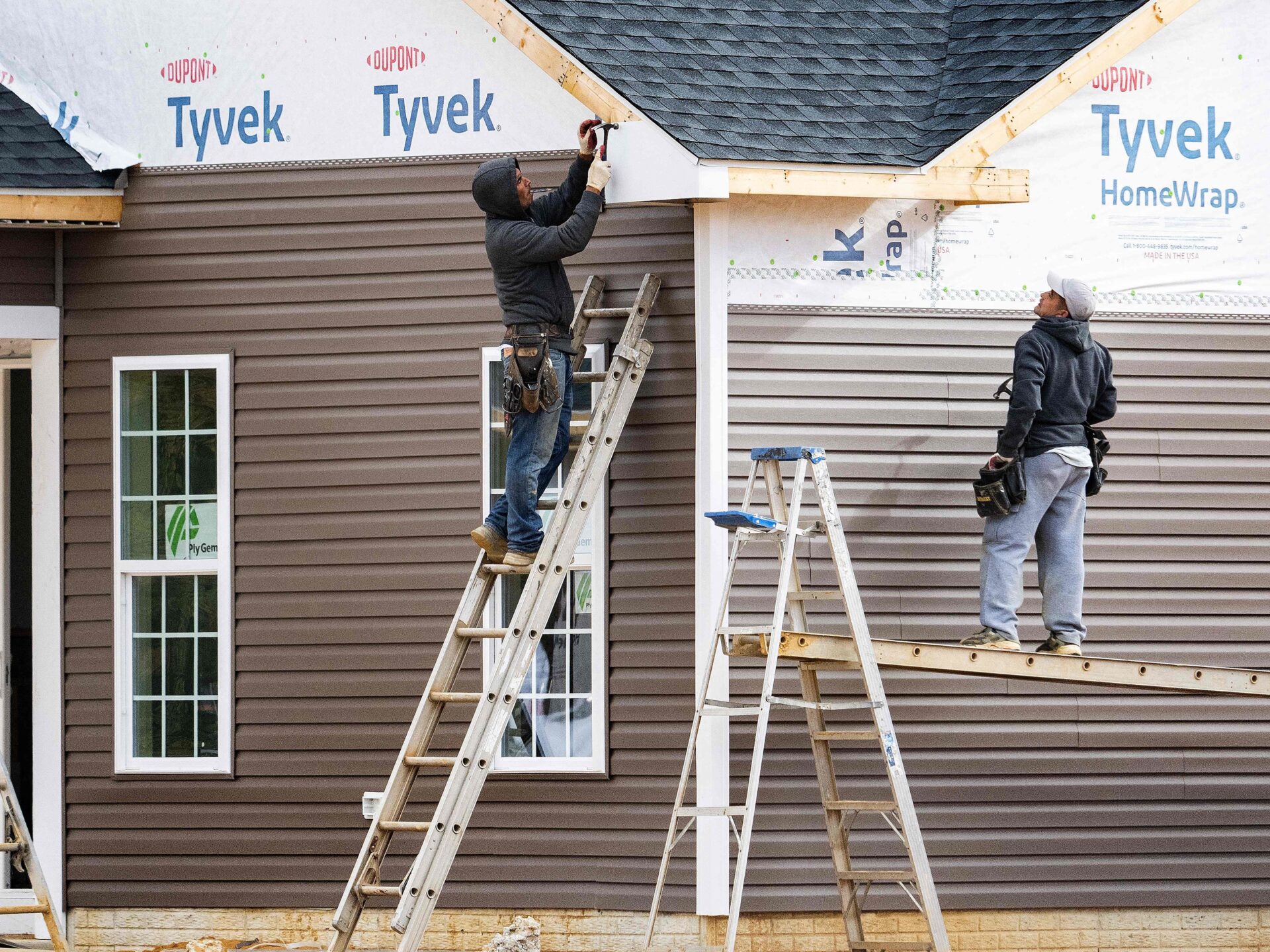Mason County leaders said the business growth coming with the massive steel mill on the way will be life-changing. NUCOR corporate leaders say their $3 billion steel mill will need 2,000 construction workers to build and 800 teammates to operate.
John Musgrave, executive director of the Mason County Development Authority, said the demand for land increases by the day. He said one out-of-state housing construction company has purchased 200 acres for an upscale subdivision.
“This is a gentleman that ‘s been building out in San Francisco,” Musgrave said. “He’s a West Virginia native, and he was moving back here when he heard what was going on. He’s putting in a subdivision of some upper price range of homes, and then they’re going to do some moderate homes.”
Musgrave said state and local contractors are already working on several middle income housing projects.
“We’ve talked to a firm that’s located in Bluefield that makes a house that can be erected in about three days,” he said.
Development is also underway by private investors for upward of 1,500 housing units for plant construction workers.
These homes being built on converted farm and forest land will need infrastructure. Musgave said Mason County has a history of some of the best water line access in the state and he said the state government is helping with sewer line infrastructure.
Musgrave said his office is having conversations with numerous retail businesses considering coming to Mason County. He said the highlighted plan for retail business development includes revamping the declining small town of Henderson, just across the Kanawha River from Point Pleasant, into a hub of commerce.
“We’ll bring in box stores, restaurants, hotels. It will be an ideal location for any major given company that we’d want to deal with,” Musgrave said. “Henderson has been identified as one of the best sites for commercial development between Charleston and Columbus, and is very well situated on the four lanes of Route 35. It also has the cloverleaf there that makes it really easy to get on and be right there.”
NUCOR is located on two-lane Route 2 that runs along the Ohio River from Point Pleasant to Huntington. Musgrave said the plant will put a third lane in for a few miles either side of their site, and the hope is the state will improve more of what’s expected to be a busy thoroughfare.
“We’ve met with Transportation Secretary Jimmy Wriston and they are working on it,” Musgrave said. “It’s in bad shape, there’s no question about that, and we’ve pointed that out.”
Musgrave said there are another “couple of industries” that have taken options on property that haven’t been announced yet. He said he expects Mason County’s overall growth to be remarkable.
“I think in the next 10 years, Mason County has the opportunity to triple in population,” Musgrave said.
